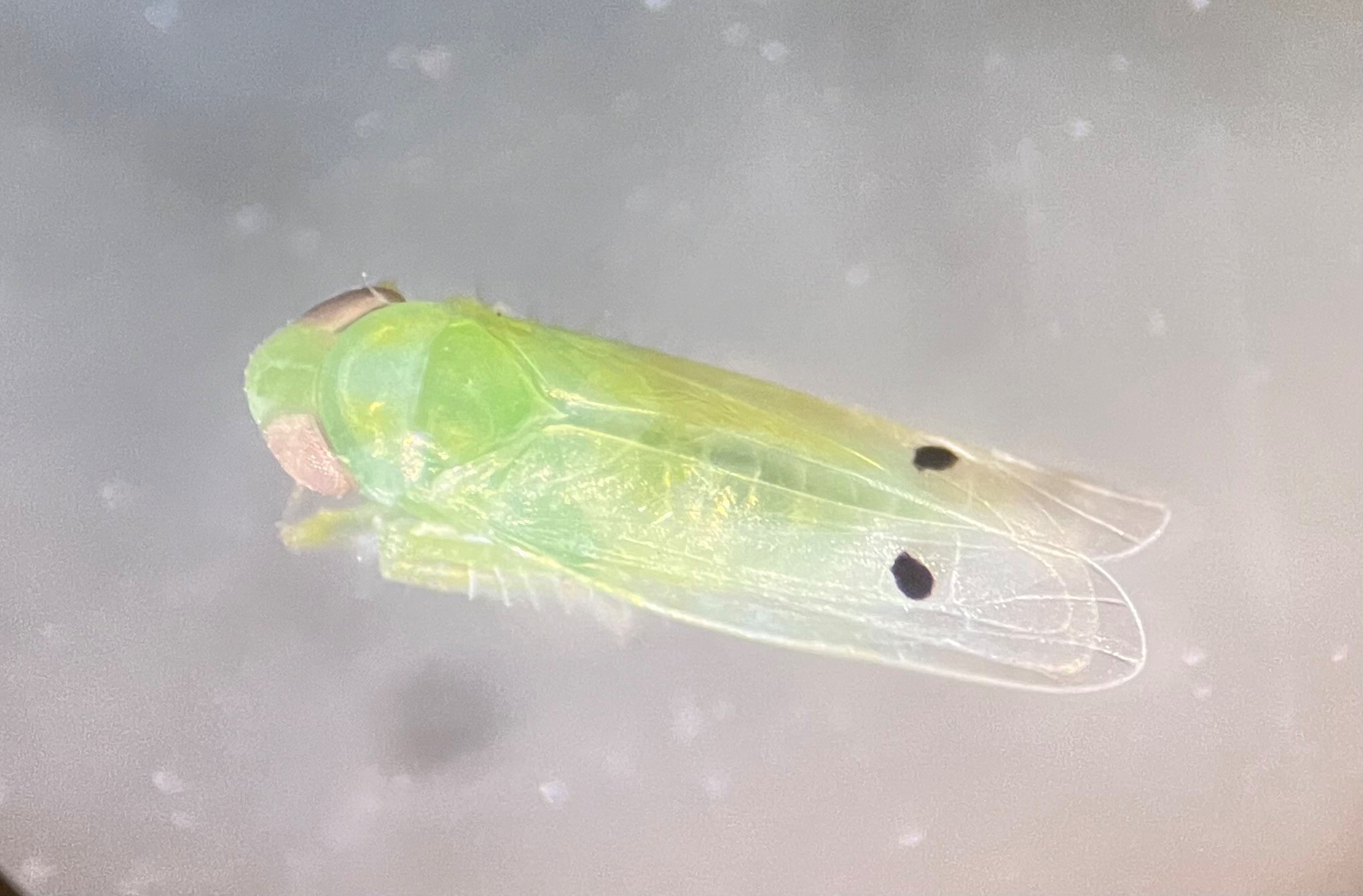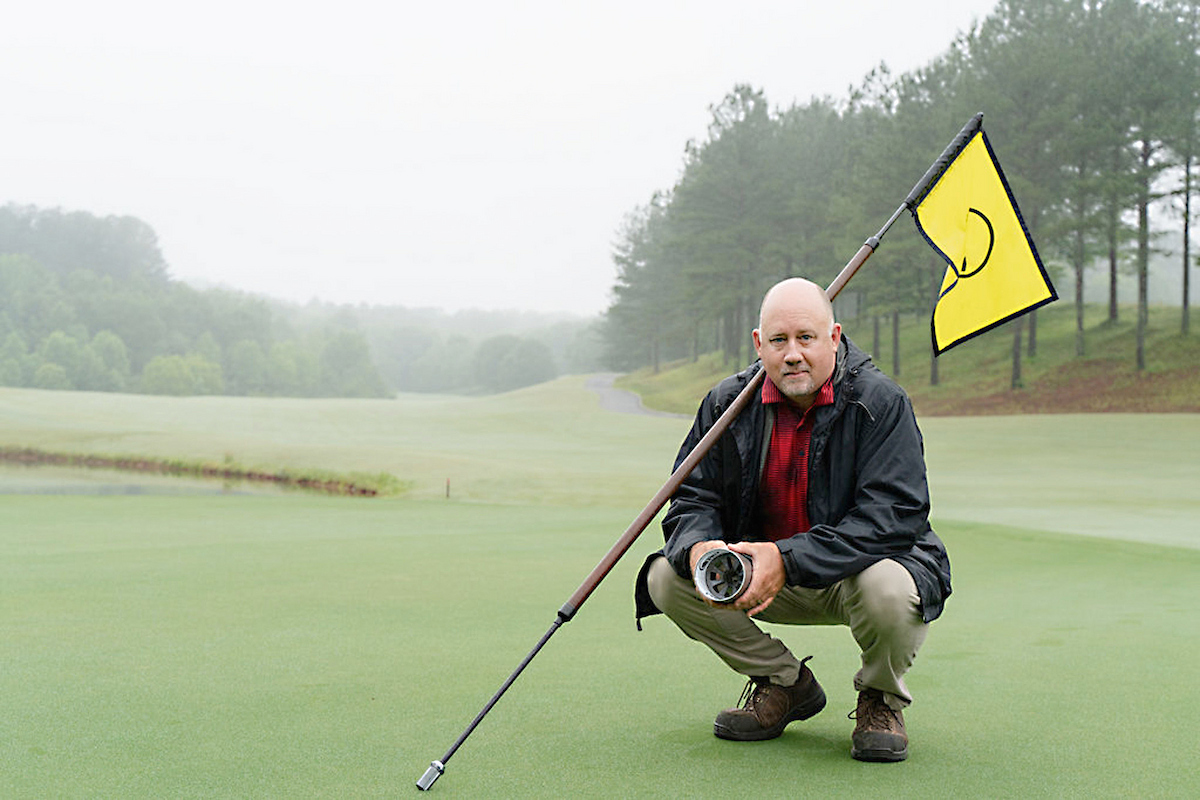Statewide Variety Testing User Survey
My name is Daniel Mailhot, Director of the Statewide Variety Testing Program at the University of Georgia. I am inviting Georgia residents to participate in a brief, voluntary survey about the annual publication of peanut and cotton performance test results. Your feedback will help improve the structure and content of these reports and support the university's mission. The survey takes about 10 minutes to complete on any device. For questions, contact me at daniel.mailhot@uga.edu.
Director of Statewide Variety Testing
Reports
(All reports are available in PDF format.)
About Statewide Variety Testing
Proper variety selection is the most important decision a farmer makes. Farmers want and need to grow the best-adapted crop cultivars to be successful. But producers do not have the time or the resources to plant more than a few cultivars to determine which are best adapted to Georgia growing conditions. That’s where UGA Agronomists step in to help.
The college’s Variety Testing Team does the work and research for the farmers We perform variety research on public and privately developed cultivars of corn, corn silage, soybean, peanut, cotton, grain sorghum, wheat, barley, rye, oat, triticale, canola, summer annual forages, and winter annual forages each crop year. The research is conducted in multiple geographic regions of Georgia to collect agronomic data such as yield, bloom date, maturity date, test weight, height, lodging, seed size, and seed shattering; also, tests for resistance/tolerance to pests and disease.
Variety Research information is published annually in four research reports:
- Winter Grains and Forages
- Corn and Sorghum
- Soybeans
- Cotton and Peanuts
Reports are promptly made available to farmers, private industry, and other researchers in a PDF format on this website.
Other Variety Testing Sites
- Alabama
- Arkansas
- Florida
- Illinois
- Kentucky
- Louisiana
- Mississippi
- Missouri
- North Carolina
- South Carolina
- Tennessee
- Texas
- Virginia
Agriculture News






